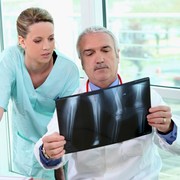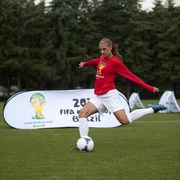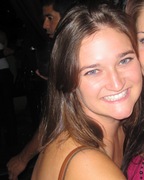Mytonia is the inability to relax muscles at will. Most commonly, myotonia makes it difficult to relax the fingers after a firm hand grip. According to the Muscular Dystrophy Association, myotonic muscular dystrophy (MMD) is a form of muscular dystrophy.
Muscular dystrophy (MD) is defined as the progressive degeneration of muscle tissue and weakening and shrinkage that affects muscles and many other organs in the body. Unlike some forms of muscular dystrophy, MMD doesn’t usually occur until adulthood. People often retain the abilty to walk and are able to compensate by adjusting to the problem without realizing that slow muscle relaxation is abnormal.
Adult-onset MMD is less severe that the type that affects infants, congenital MMD. It can occur in babies born to parents who have the adult form, even if the parents have very mild cases. Infants with congenital MMD have severe muscle weakness including those muscles controlling breathing and swallowing function.
A confusing aspect of MMD for people with the condition and the medical community, is that many different parts of the body can be affected. In limb muscles, weakness of the voluntary muscles is the most noticeable. Those distal muscles, muscles farthest from the core, are usually the first affected by MMD. This means that the hands, forearms, feet and lower legs are affected and appear proportionally thinner. There may be a noticeable weakness in grip causing difficulty in using hand and wrist muscles. Also, the muscles used to pick up food when walking can be weak. The foot flops down causing tripping or falling.
Mytonia is known to affect many other areas of the body including, the head, neck and facial muscles, which can affect the function and appearance of the individual. Eyes may droop and neck weakness may make it difficult to sit or stand for periods of time. MMD can also affect the function of breathing and swallowing, causing the sufferer to compensate for both comfort and safety.
Treatment for MMD is specific to the area of the body affected. Some people need assistance with walking or sitting while others may require a breathing booster, cardiac pacemaker or medication.
The Muscular Dystrophy Association published “Does it Run in the Family”, a pamphlet to answer many questions about MMD as a hereditary disease.






Add a CommentComments
There are no comments yet. Be the first one and get the conversation started!